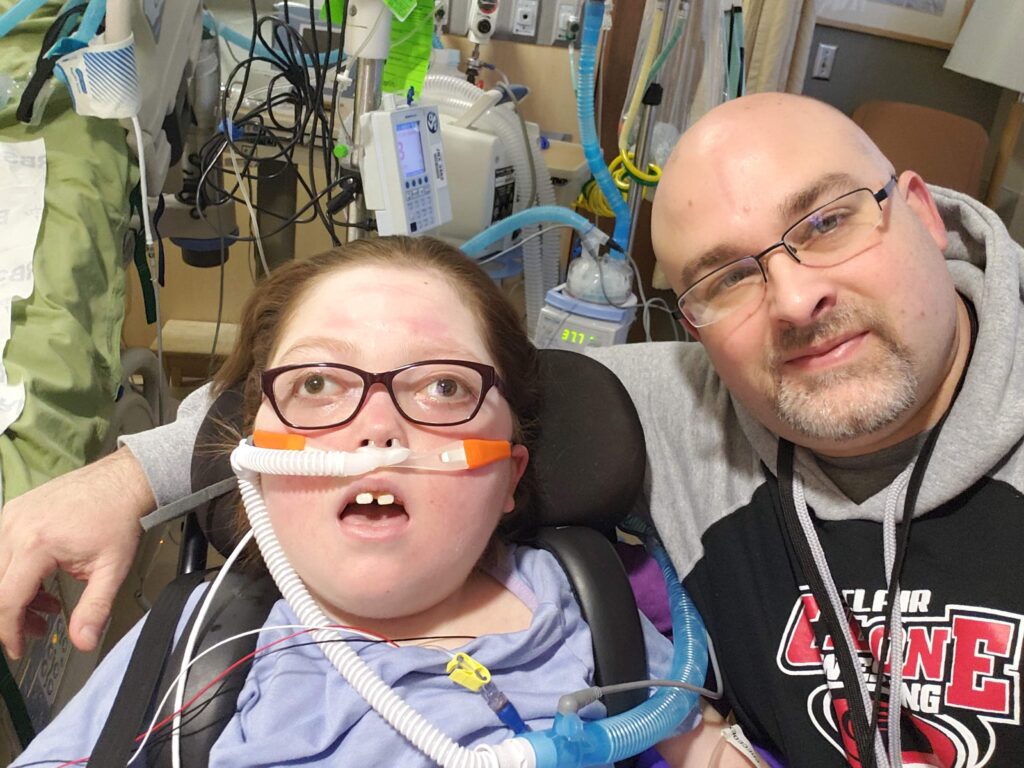Entering year 4 with COVID-19, health officials share steps forward
[anvplayer video=”5167343″ station=”998122″]
Minnesotans are starting year four of living with COVID-19, and top health officials say while great strides have been taken, many more are needed.
Monday, March 13, 2023 marks three years since Gov. Tim Walz issued Executive Order 20-01, “Declaring a Peacetime Emergency and Coordinating Minnesota’s Strategy to Protect Minnesotans from COVID-19.”
“The Minnesota Department of Health, and our private sector health care, is prepared to deal with this,” Walz said that day.
Alongside Walz was a person who would become a familiar face in the fight: Jan Malcolm, then-commissioner of the Minnesota Department of Health (MDH).
“We’re trying to slow down, and spread out, the impact of coronavirus in Minnesota,” Malcolm said then, adding, “We have long thought it is not possible to stop it, but it makes the world of difference if we can slow it down and spread it out.”
At that time, there had been 14 confirmed cases of COVID-19; as of early March, including re-infections, MDH has reported more than 1.7 million cases.
“I think what we can say is, the world is different now, if only by the number of people who are no longer with us,” said Dr. Gregory Poland, infectious disease specialist with the Mayo Clinic.
“One of the most tragic parts of the pandemic [has been] the number of people who died because they operated and made decisions with misinformation and disinformation,” Poland added.
Poland said moving into year four with COVID-19, resources need to be put toward educating the public and health providers to help overcome incorrect medical information. Poland believes investing into research and improving vaccines will also be key.
“My great, great, great grandchildren will be getting COVID vaccines,” Poland said. “This is no longer eradicable; it means that we will always have this disease with us, much like we have influenza.”
As of early March, MDH reported more than 72% of eligible Minnesotans have received at least one vaccine dose. Additionally, under 25% are up-to-date on vaccine doses.

MDH sent the following statement this March:
“Three years ago this month, Minnesota reported its first confirmed case of COVID-19. While the pandemic has brought us many challenges and tragedies, our state has fared better than most thanks to the heroic efforts of so many people across the state – from health care providers to public health workers to teachers, parents, first responders and more.
For many Minnesotans, life has returned to something that feels closer to normal. But COVID-19 is still with us, and many Minnesotans suffer from lingering health effects. COVID-19 remains a threat so long as the virus that causes it is still circulating and developing new variants. The good news is that we have more tools than ever to help protect people and communities. Tests and therapeutics continue to help reduce the negative impacts of this virus, as well as steps like improving ventilation, but there’s no question the most important tool in our toolkit is vaccination.
The COVID-19 vaccine remains very effective at preventing severe illnesses and deaths from the disease. While Minnesota’s bivalent booster vaccination rate is ahead of most states, there is still room for improvement. To continue reducing the impact of this virus on our own lives and those of our neighbors, we encourage Minnesotans to take full advantage of the protection offered by the COVID-19 vaccines – including the bivalent booster that is widely available.”
Minnesota Department of Health
One family whose life will likely never return to what it once was is the Bennetts from Mankato. Jason Bennett said his daughter, Ashlyn, was diagnosed with Rett syndrome – a rare genetic mutation affecting brain development – at age three.

“We have let our guard down to some degree in sort of that sense of wanting to return to as normal as we can, but the thought is just always there,” Bennett said.
He adds before the pandemic, they had worries about bringing illness home, and that concern has only been amplified and will continue.
“If this one little virus can do what it did, and had the impact it did on the entire planet, even if it didn’t affect Ashlyn negatively this time, what else is out there? What else could develop? And just always thinking about that is concerning,” Bennett said.
You can learn how to get vaccinated here.